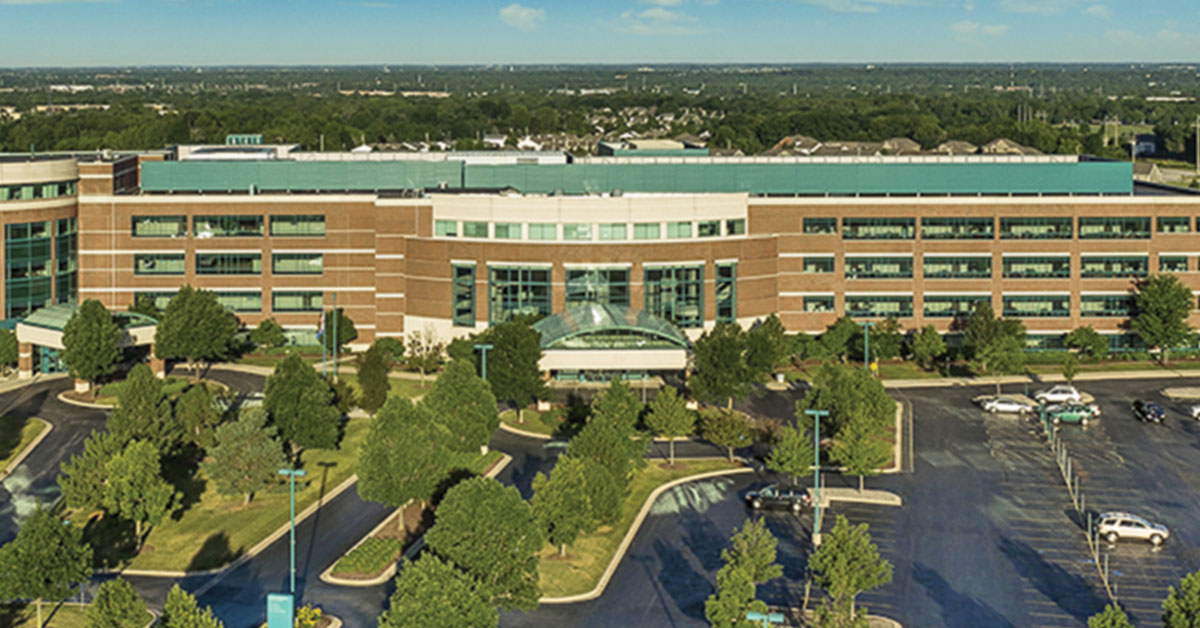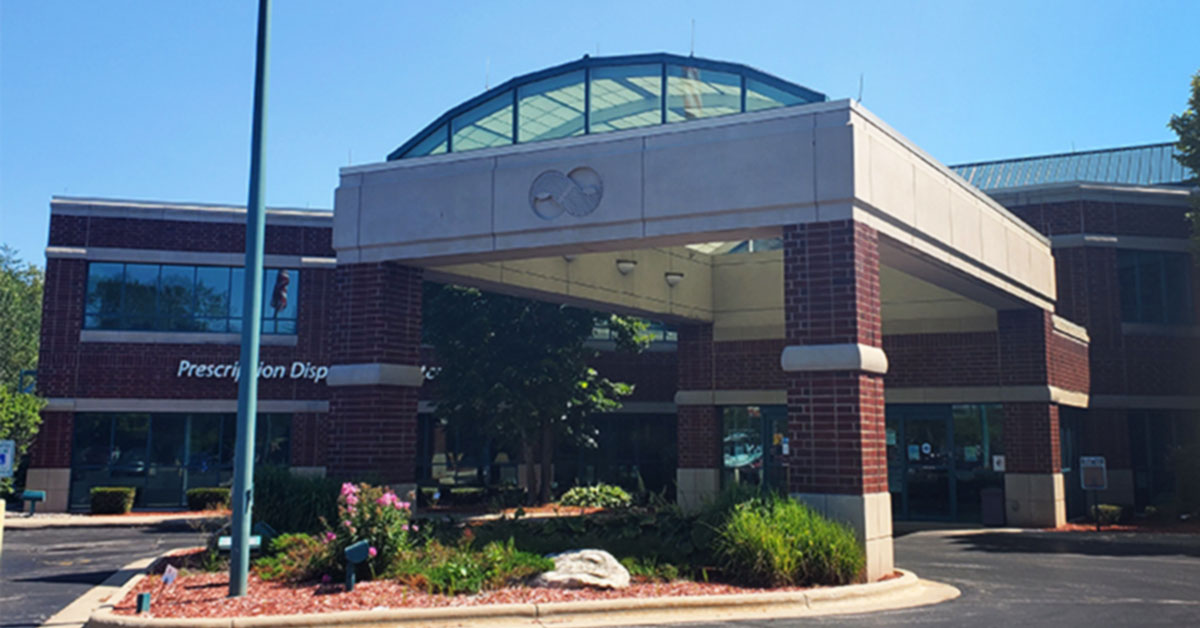Gastrointestinal Surgery
General & Vascular Surgery
Aurora BayCare General & Vascular Surgery’s surgeons provide skilled diagnosis and treatment for conditions affecting the esophagus, stomach and upper small intestines, known collectively as the upper gastrointestinal tract, or the foregut.
Our surgeons perform procedures to treat conditions that can include, but are not limited to:
- Gastroesophageal reflux disease, or GERD, in which stomach acid flows back from the stomach into the esophagus, causing heartburn and other symptoms.
- Laryngopharyngeal reflux, or LPR, in which stomach acid flows back from the stomach through the esophagus and into the throat, causing sore throat, chronic cough, sinusitis, throat clearing and other symptoms.
- Hiatal hernia, in which part of the stomach pushes into the chest through the diaphragm.
- Achalasia, which affects the esophagus’ ability to move food into the stomach.
- Gastroparesis, which slows or stops the movement of food from the stomach to the small intestine.
- Peptic ulcer disease, in which sores develop in the lining of the stomach or in the first part of the small intestine, which is called the duodenum.
- Stomach tumors.
- Problems that follow previous esophageal or gastric surgery.
Our surgeons take a team approach to patient care, working closely with the patient and with colleagues in gastroenterology to create a comprehensive, personalized treatment plan that addresses all of a patient’s symptoms.
Upper, lower GI tract: The difference
Diseases and conditions involving the upper gastrointestinal tract, or foregut, often are different than those involving the lower GI tract, which includes the colon, rectum, anus and small bowel.
Restech pH monitoring for LPR
The Restech pH System helps detect laryngopharyngeal reflux, or LPR, which typically isn’t easily diagnosed. LPR symptoms – sore throat, chronic cough, sinusitis and throat clearing, among others – don’t immediately lend themselves to an acid reflux diagnosis. Those symptoms can be mistaken for other conditions that include asthma, allergies, laryngitis or upper-respiratory infection.
How the Restech pH System works: A small, soft probe tube is placed in the patient’s nose until its tip is positioned in the back of the throat. The probe doesn’t interfere with talking, eating or drinking. The probe is connected to a recording device, tracking the frequency, severity and duration of reflux episodes during a 24-hour period. The probe sends those measurements wirelessly to a recording device.
The doctor evaluates the data generated by the Restech pH System and can make an accurate diagnosis and create enhanced, personalized treatment plans.

